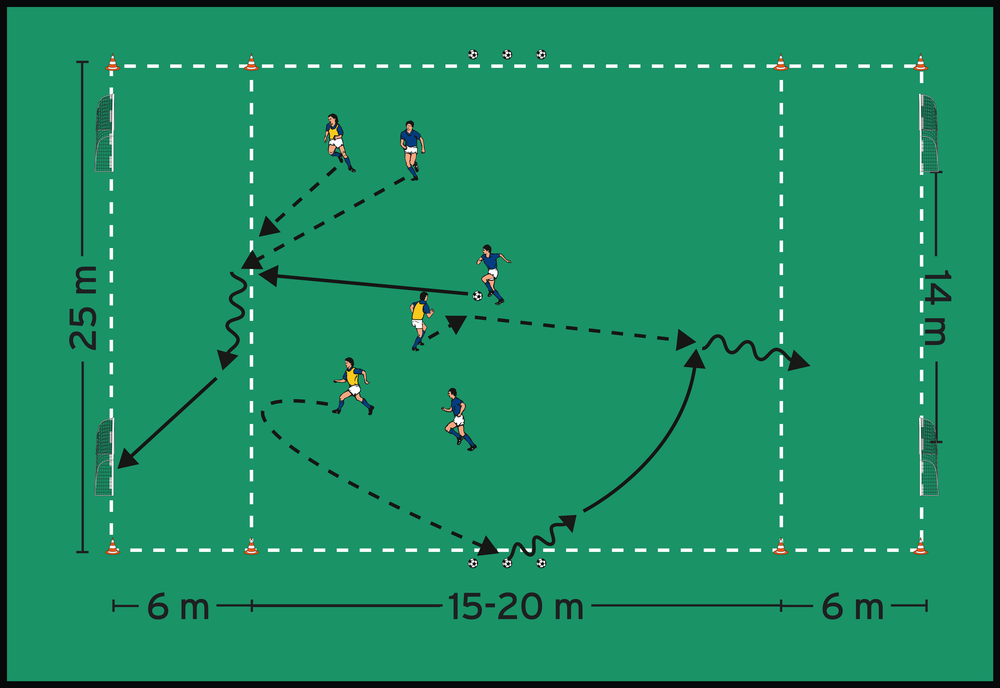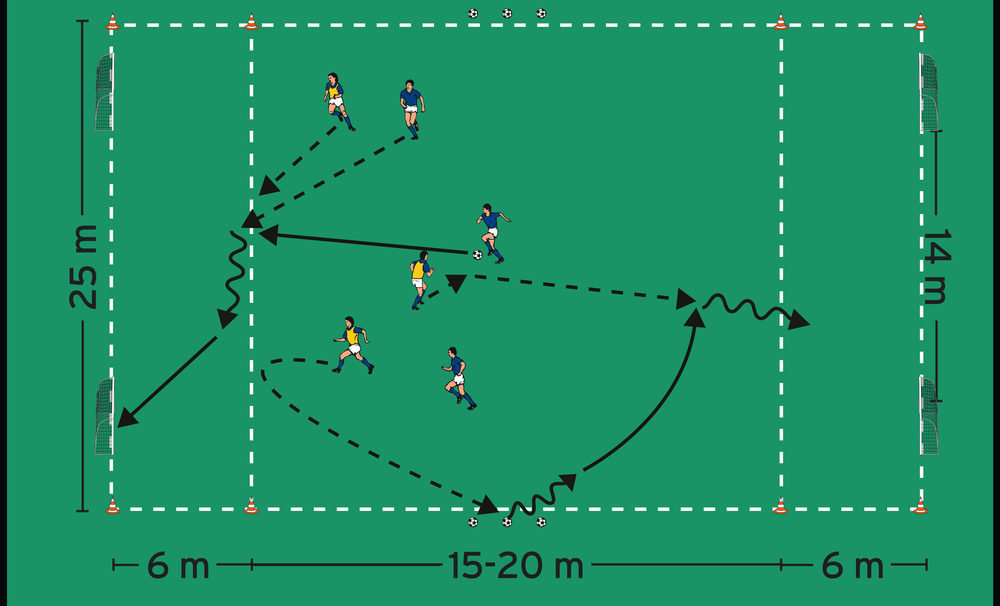Youth soccer is a world full of small spaces, quick thinking, and endless opportunities to

Youth soccer development thrives when players are actively involved, making decisions, learning skills, and enjoying

Massachusetts has become one of the most fertile grounds for youth soccer development in the

Minnesota has developed into one of the Midwest’s strongest youth soccer regions over the past

Finding the right position in soccer can feel overwhelming when you’re just starting out. Every

Indoor soccer workouts for youth players aren’t just a way to stay active during the









